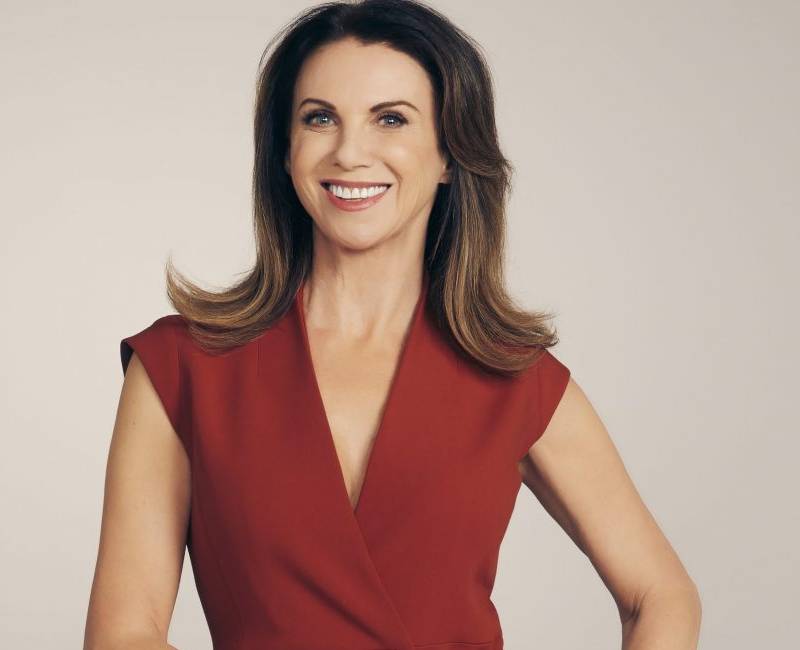You book the restaurant and warn the waiter your table’s likely to be the rowdiest and the last to leave. After all, you love your friends, you like your partner – they’re all bound to get on, right?
At 9 pm, you’re in a cab, sitting in stony silence.
‘I don’t know what you see in them,’ your partner says.
I think they’re wondering the same about you, you think. What the hell do I do now?
Being able to get on with each other’s friends doesn’t just make life easier, it’s a good indicator you’ve chosen well.
We surround ourselves with people we like and admire. If your partner doesn’t like them, there are probably things they don’t like about you.
Having said that, don’t be too hasty to jump to conclusions. There are lots of other reasons why those first few meetings might not go as well as you’d hoped.
Here are some of them.
Your partner feels like they’re under the microscope.
Some friends deliver a very obvious message to new partners: you’re on trial until we decide whether you’re good enough. If they’re sitting on the edge of their seat waiting for your friends’ seal of approval, it’s no wonder they’re a little nervous.
If you think your friends will be ridiculously over-protective, take the pressure off by ensuring you all do something together the first time they all meet – watch a video, get them both to help you prepare dinner.
Don’t make your partner the centrepiece – especially if they’re shy and reserved. A big group of friends is sometimes better than the two of you and one best friend.
Tell your friends to back off if they give your partner a hard time. Say you realize they’re trying to protect you, but you are quite capable of doing it yourself.
They’re worried they don’t measure up.
Are you dating ‘down’? Is your partner less intelligent/connected/financially secure than your usual dates?
If you and your friends all have Masters degrees and your partner left school at 16, they’ll obviously feel out of their depth.
You might not rib them about their lack of education, dreadful dress sense or bad grammar but friends often aren’t as tactful.
If they treat him or her like the village idiot and are patronising, your partner’s understandably going to feel rather insecure.
Having said that, if it is a case of ‘pick the person who doesn’t belong’, pay attention. If your friends are very different from the sort of person your partner is, it’s not a great sign, because it means you probably are too.
Statistically, people who are alike have a better chance of making it than people from completely different worlds.
Your partner sees something you don’t.
Friends who only see you when they want something. Friends that put you down.
Partners can be more objective and they’ll sometimes see what should be glaringly obvious: this person isn’t a friend, they’re a frenemy. They offer another angle and perspective.
If they love you and feel you’re being taken advantage of, they’ve got good reason not to be in raptures over the friend you treasure so much. The trick is to weigh up the comments and make sure they’re not motivated by jealousy but your well-being. Then make up your own mind whether you want to keep the friend in your life.
Some friends are worth making allowances for. One of my friends is notoriously unreliable and breaks two dates out of three. But she’s there in a flash when I need her, and to me, that’s more important. Boyfriends have never understood why I put up with her, but who cares? The bottom line is she’s my friend, not theirs.
Help! They hate all of them!
If your partner despises every single person you’ve introduced them to, sirens should be wailing and red lights flashing WARNING! WARNING!
Your partner’s on an ownership trip: the ‘I love you so you shouldn’t need anyone else’ one. If their comments about your friends are getting nasty, get out.
It’s one thing to say they don’t like Sarah but quite another to slag her off mercilessly.
MAKE IT EASIER ON EVERYONE
Be loyal.
If a partner forces you to choose between them and your friends, choose your friends every time. If they simply grumble each time you want them to go out with them, ask why. Is it the whole group they don’t like, one particular person – or the fact that you ignore them? Usually, there’s at least one or two people they’ll take to (or at least tolerate), so see those friends together and the rest solo.
Set limits.
Can’t tear them away from nights out with their mates? It’s healthy to have time apart, but if they want to do it every Friday and Saturday night, it reeks of immaturity. If you’re both 18, fine. Over 30, not acceptable.
How much leeway you give each other depends on the relationship and where it’s going. You need time together, time with friends together, time with friends alone and time alone in a healthy relationship. All are important.
What balance suits you depends on the couple but if I had to generalise I’d say most long-term couples are fine with their partners seeing friends solo once a week. It gives you a chance to see your friends!
Allow for first-time nerves.
A little bit of nervousness around friends is a compliment: it means it’s important to your partner you all get on. Avoiding even meeting them isn’t. It could be a sign of commitment phobia: meeting your friends means the relationship’s moving forward.
Accept there will be personality clashes.
People clash for all sorts of reasons but there’s often nothing sinister about it; they might subconsciously remind us of that abusive teacher, nasty cousin or dreaded ex. We also slot people into existing stereotypes, sometimes on sight, for silly reasons like what they’re wearing.
If it’s instant dislike, your friend/partner/both may well get over it once the real person starts to take over their preconceived perception. If they’ve met five or so times and still can’t get on, accept it’s not going to work. Mix the two together as little as possible and see the disliked friend on your own.
Don’t stress too much.
Is it really that important they get on? Not every relationship is meant to run for a lifetime. We’re drawn to people throughout life, go down a little road with someone for a few months, realize we’re at cross purposes, then split. If they’re only going to be around for a little while, does it really matter if she hates Mandy or he hates Joe?
Demand respect from both sides.
You can’t force people to like each other but you can demand respect. Both should be polite to each other.
Make your own judgements
If your partner says they don’t like your friends, they could be trying to diminish their importance. If they’re dead keen on you but sense your friends don’t like them, they know damn well the verdict will be thumbs down. By saying they don’t like them, they’re trying to reduce your friends in your eyes, so you won’t listen to their opinion.
Don’t be swayed by a friend’s judgement of your partner but do think about what they’ve said. It’s normal for friends to offer an opinion and for you to ask for one. Listen to what they have to say – they might well see things you don’t – but don’t buy into the ‘So when are you going to leave them?’ game.
Use reverse psychology.
Tell your partner the hated friend said how nice or cute they were. Tell the friend your partner said what a great smile they had and that they enjoyed their company. Yes, it’s all lies but they don’t know that. If your partner thinks a friend likes them, they’re more inclined to like them – and vice versa. They both start being nicer to each other and before you know it, they’re best buddies!
Don’t drop your friends every time you meet someone new.
Juggling best friends and a new lover can take the tact, military precision, psychological analysis and manoeuvring skills of a foreign diplomat.
If they’re squabbling over your time and affection like two hungry seagulls fighting over a crust of bread, it’s tempting to tell both to fly away. Instead, make the effort to keep both happy.
Your friends will understand you both want to hide away from the world in the beginning but will be peeved if it lasts more than a month. Catch up, even if it’s just for a coffee, and don’t spend the entire time raving about your new love affair.
Show you’re as interested in them as you were before you became a couple.
See best friends and partners together sometimes.
If Tuesday night was telly night with a girlfriend, invite him along. If Fridays was drinks with the boys, get her to bring along a few girlfriends.
Remember to give friends time separately.
There’s nothing worse than always having to see your friends with their other half, so be a little sensitive. If a friend rings and wants to talk, go solo.





